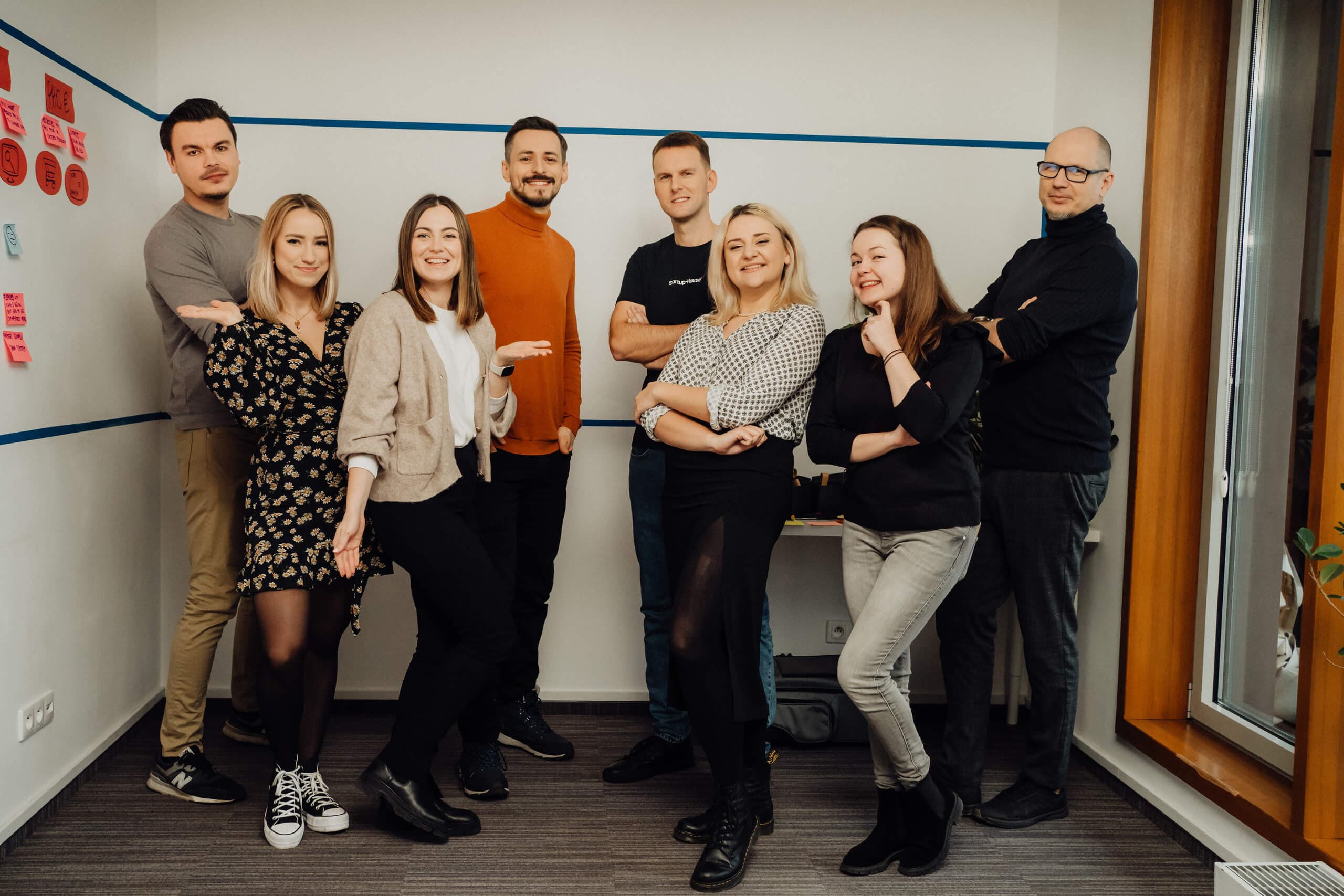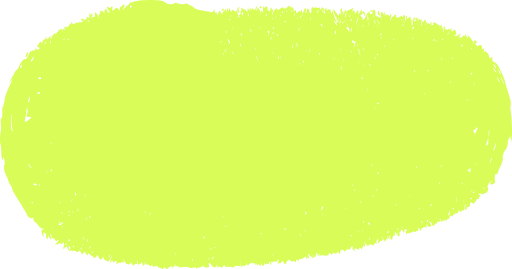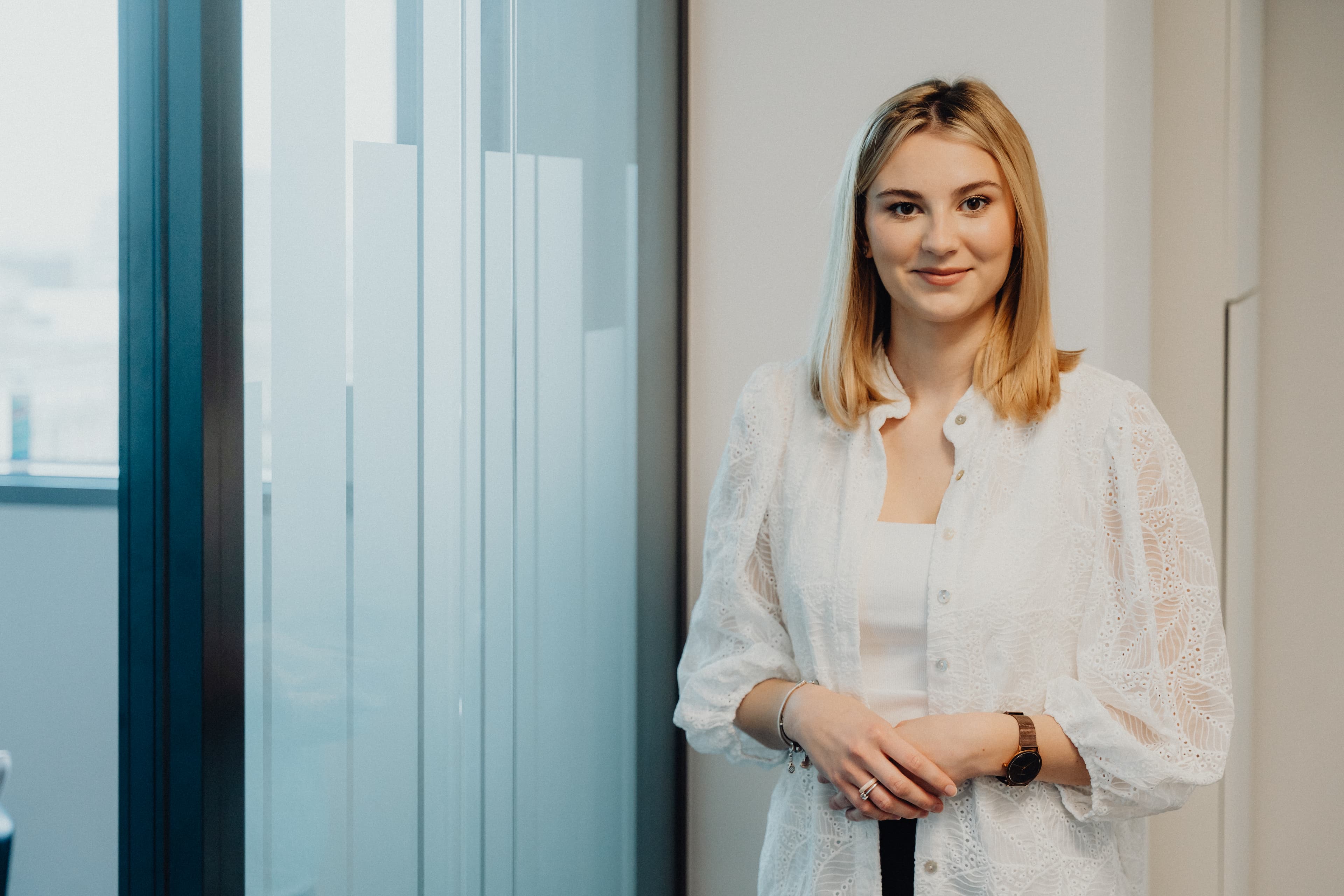🌍 All
About us
Digitalization
News
Startups
Development
Design
Product Designer’s role in the Product Life-Cycle
Damian Denis
May 06, 2020・4 min read
Table of Content
What is a product?
So what's going on with that Product Design?
UX/UI vs Product Designer
Okay, but what is the role of the Product Designer?
Can anyone become a Product Designer?
What is a product?
“Anything that can be offered to a market for attention, acquisition, use or consumption that might satisfy a want or need. It includes physical objects, services, persons, places, organizations and ideas.”
– Kotler, Wong, Saunders, Armstrong
So what's going on with that Product Design?
Nowadays, we have a bunch of interesting new titles for various positions. We love to use these exquisite names — they sound strange and sometimes we don't know exactly what they mean (but they sure do look cool on our LinkedIn profiles).
Looking at it historically, just a few years ago we did not have a UX/UI differentiation. Everyone would be responsible for everything. It was just Design. You were a Designer and everything it entails was expected from you: user experience, mobile, desktop, all the way through. There weren’t as many categories and subcategories as there are now. The name Product Designer was mostly related to people who design everyday objects — from glassware, jewellery, furniture, telephones to cars and other machines.
However, for some time now, the term Product Designer has started to break into the online world, when our products of everyday use have started becoming digital. At that point, the role of designers began to evolve quite dynamically. As the number of systems, platforms and complex solutions grew, so did the possibilities for design. And with these opportunities, the number of responsibilities and processes influenced by designers has also increased.
UX/UI vs Product Designer
There’s one important record that needs to be set straight. A UX/UI Designer is not the same role as a Product Designer. Their responsibilities often vary greatly. Of course, there are as many theories on this subject as there are people, but there is one that is closest to my beliefs and in quite a simple way allows to distinguish between the two positions:
A UX/UI Designer is more focused on such aspects as research, testing, prototyping and designing.
The Product Designer, on the other hand, looks at the product more holistically. They have to take into account and focus on business aspects, which isn’t necessarily in a UX/UI Designer scope of work.
Okay, but what is the role of the Product Designer?
Recently, I was talking to a good friend of mine, Mathew Piatek (an ex-Product Designer @Contractbook), about this very topic. I took the liberty of asking him what he thinks is the role of the Product Designer in a product’s life-cycle? The fact that he had worked on developing a digital product provides him with a good insight into this subject.
Since our observations and thoughts were almost perfectly aligned, I have summed them up in a list of not so obvious key aspects.
A Product Designer can be the link between technological knowledge and solutions — they can be the first initiator of product activities and roadmap generation.
Their presence can be very helpful in unobvious processes, which normally we might think are independent of the design, such as the sales process. Creating a sales or recruitment process is also something that can be very nicely planned by the designer — as a process, not an interface.
Thanks to their experience, Product Designers know exactly how long it can take to implement a specific solution, both on the design and development side (at least in general). They are able to take on a decision-making role in the product, in terms of balancing the weight between small features and large ones, which. If properly included in the roadmap, they will allow for continuous progress of the project, without making huge breaks between making significant changes.
They can take on the role of a facilitator of meetings and processes. Because of their problem-solving skills, they are able to reconcile different perspectives.
A Product Designer can also impersonate a Support person — mitigate the effects of the unnecessary ‘telephone’ game by having direct contact with the product’s users. This will allow them to collect raw feedback from various sources, which is in no way filtered and disturbed. (Unfortunately, the Support often transforms such feedback, which gives unmeasurable results). Paul Van Oijen, a Senior Product Designer at Shopify at the Remote Design Week conference, had a very interesting speech about this particular problem.
They are able to conduct simple A/B tests, interviews with users and draw conclusions for further product development from the collected data.
We can say that nowadays the Product Designer is a core component of every development team, providing support, which can take different forms when needed, while keeping the product’s vision in mind. They can find themselves in any situation.
The role of a Product Designer is also different when working on developing a single product versus working in a software house. Each of these roles has its pros and cons. It all depends on how the Product/Software house operates, what processes are being used. But this is a topic for another next article. Stay tuned!
Can anyone become a Product Designer?
As a Designer would answer, it depends. We know that people are visual creatures. But if you only think about this aspect, the business side of things doesn't hold much of your interest, you just want to make beautiful things, then definitely not. On the other hand, if you're interested in every aspect of product development, you like talking to people, doing research, testing, checking, you’re patient and innately curious, the answer is definitely yes.
Being a Product Designer is a mix of skills that are used on many different levels, depending on your needs. This visual aspect is actually the cherry on the cake which, tastes great when you have influenced other pieces of the construction.
Do you have any Product Design-related questions? Drop us a line: hello@start-up.house. You can also check out our Dribbble account.
Recommended readings:
13 Roles of a Product Designer — UX Collective
The job of the ‘Product Designer’ and its importance in a startup — UX Collective
Product Designer’s role in the Product Life-Cycle

 Don't miss a beat - subscribe to our newsletter
Don't miss a beat - subscribe to our newsletterYou may also  like...
like...

Turbocharge Your Product Development: Generative AI for Swift Prototyping
Learn how generative AI can transform your prototyping process, delivering faster, more creative, and cost-effective product development.
Alexander Stasiak
Aug 20, 2025・15 min read

The Importance of UX Research: Boosting Your Digital Product's Success
Learn how UX research transforms digital products into user-friendly, market-leading experiences.
Alexander Stasiak
Mar 03, 2025・11 min read

Crafting Seamless Experiences: The Impact of UX Design on Scalable SaaS Applications
UX design is the backbone of scalable SaaS. See how intuitive design boosts growth, retention, and user satisfaction.
Alexander Stasiak
May 05, 2025・14 min read




